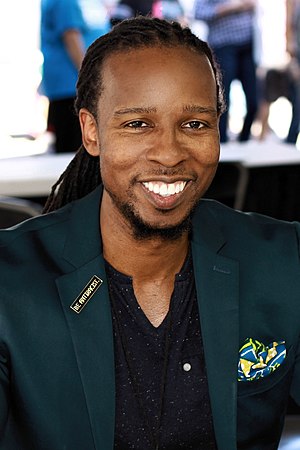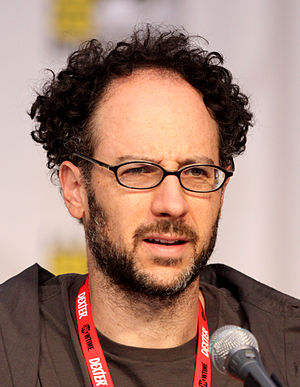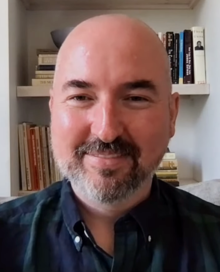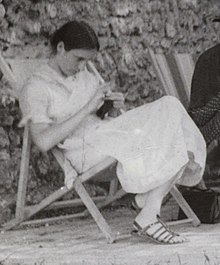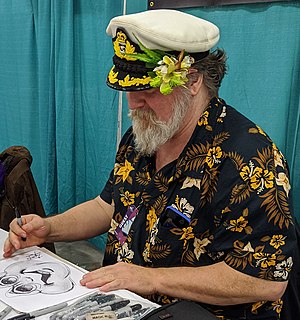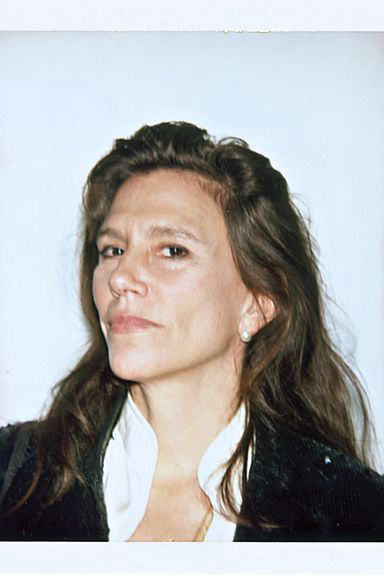"The center's struggles come amid deeper concerns about its management and focus, and questions about whether Dr. Kendi—whose fame has brought him new projects from an ESPN series to children's books about racist ideas in America—was providing the leadership the newly created institute needed. Until the university established the center, the 41-year-old Dr. Kendi had never run an organization anywhere near its size … several former staff and faculty members, expressing anger and bitterness, said the cause of the center's problems were unrealistic expectations fueled by the rapid infusion of money, initial excitement, and pressure to produce too much, too fast, even as there were hiring delays due to the pandemic. Others blamed Dr. Kendi, himself, for what they described as an imperious leadership style. And they questioned both the center's stewardship of grants and its productivity. 'Commensurate to the amount of cash and donations taken in, the outputs were minuscule,' said Saida U. Grundy, a Boston University sociology professor and feminist scholar who was once affiliated with the center."


